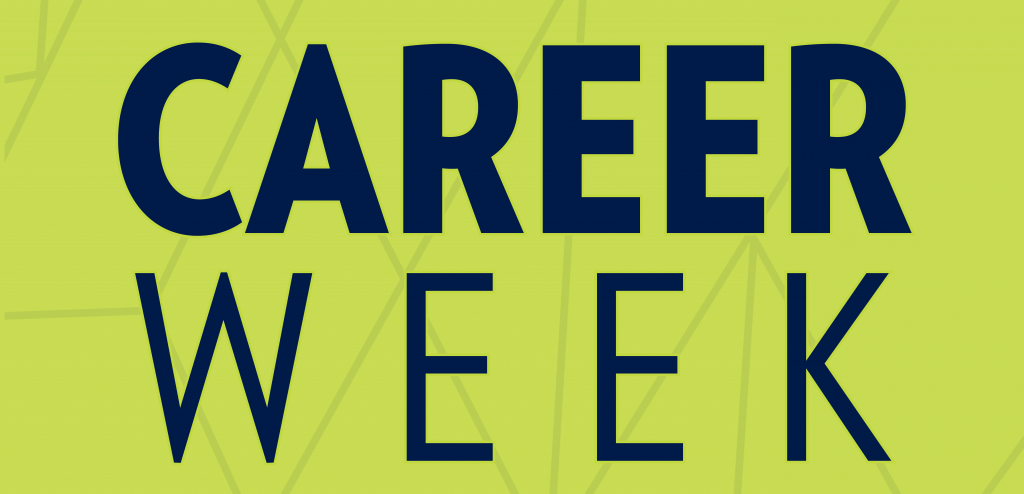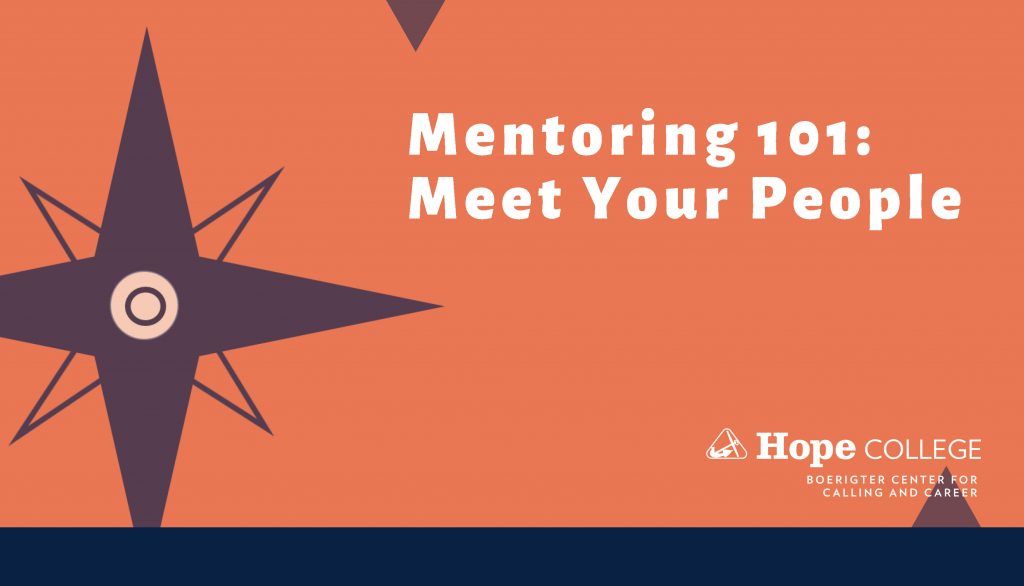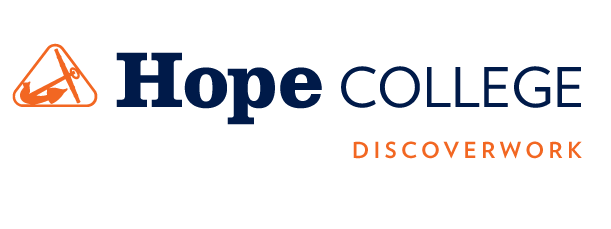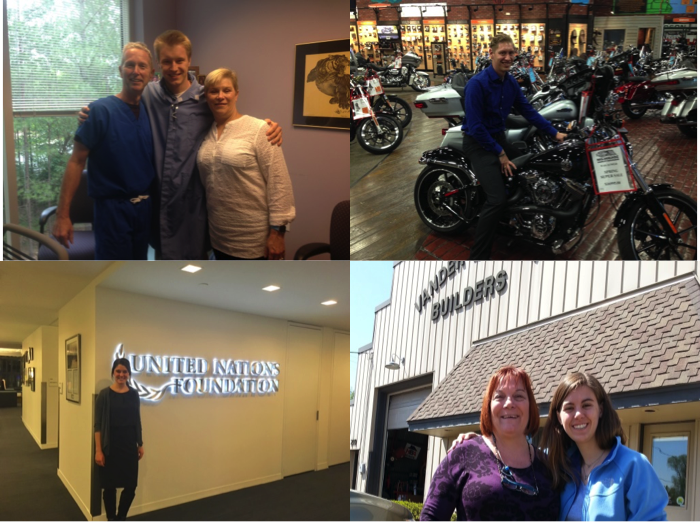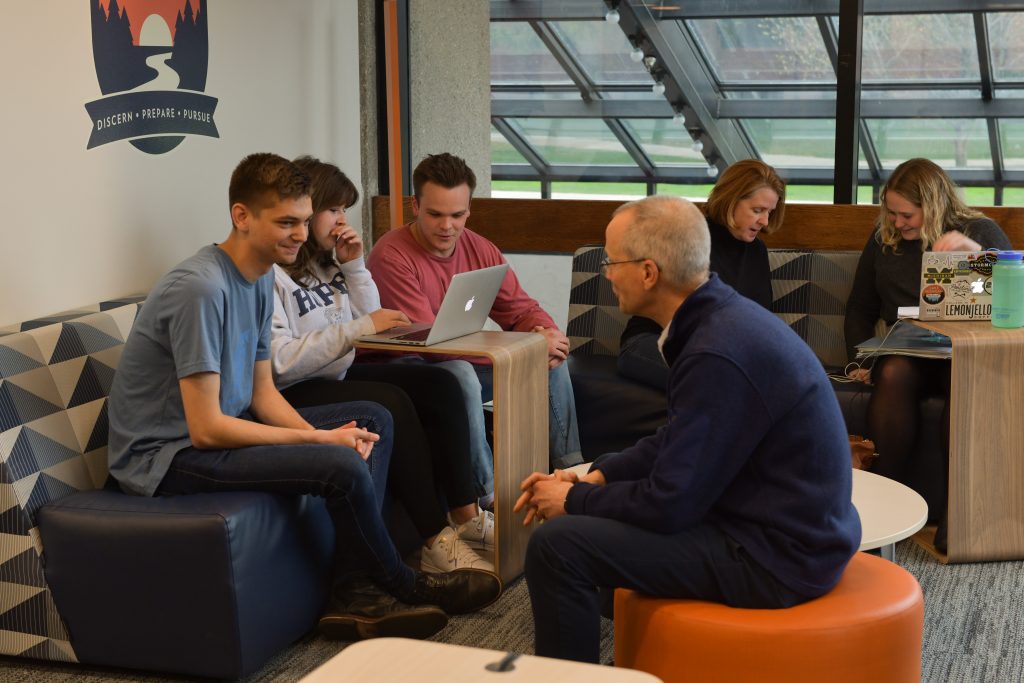So your son or daughter returned home for the holidays! You are so excited to see them only to have that dampened by mounds of dirty laundry, late night comings and goings, and an expressed lack of direction toward a major and career path. The laundry is a long but simple fix. Reminders about expectations while under  your roof also easy to navigate. How to help them find direction and discern their vocation and calling… WOAH! Millions of fears and questions race through your head. What if your child ends up wandering aimlessly through life? Maybe even live in your basement while doing it? How do you help your young adults find direction to prevent this as they head back to campus?
your roof also easy to navigate. How to help them find direction and discern their vocation and calling… WOAH! Millions of fears and questions race through your head. What if your child ends up wandering aimlessly through life? Maybe even live in your basement while doing it? How do you help your young adults find direction to prevent this as they head back to campus?
ENCOURAGE THEM TO COME TO THE BOERIGTER CENTER FOR CALLING AND CAREER!
We are here to help them and would love your partnership. Your student is anxious about figuring out what to do with their life, especially as it relates to career. We can help both of you!
As parents we do our best to help our kids. What can sometimes happen though is we add pressure in addition to support. Here are some frequent things I hear from students:
- “I’m afraid I will let my family down because I don’t have things figured out yet”
- “People keep telling me I would be good at this but it just doesn’t feel like me, so should I do it anyway? Don’t they know best?”
- “I feel like I’m the only one in the world who does not have things figured out!”
These are just a few examples. Your student may have a lot of anxiety over not knowing what major to choose and/or what career path to follow. We want to help them and you through this time. Every family is different and I don’t claim to be an expert with every situation, but as a mom to three adult children, a trained counselor, and career professional, I like to think I can offer some helpful techniques to try.
First, when I said encourage them to come to the BCCC, what I meant is ask them if they have come to meet with one of our staff. Tell them you know we help students with the discernment/figuring out process. Ask them if they think it might be helpful to talk to someone. Help them take that first step knowing we will take it from there.
Whenever possible ask questions! Open ended questions that do not allow for a simple yes or no are best. Be careful with your tone and affirm that you want them to be a happy and find a good fit. Maybe even share your own story and be sure to include how you struggled to figure things out and how your path has possibly taken you places you didn’t expect.
 Share the people in your life who helped you then and help you now with your decision making process. It takes a village right? Help them understand who is in their village and how to add others who will be supportive.
Share the people in your life who helped you then and help you now with your decision making process. It takes a village right? Help them understand who is in their village and how to add others who will be supportive.
One of the hardest things I had to do as a parent of a college student was to recommend they talk to someone in the Career Office on their college campus. How do I trust she will get good advice from someone else who doesn’t know her like I do? It was one of the best things I did for her as a student! She received good advice and found another person for her village. I trusted them and I’m asking you to trust us. We want to help your son and/or daughter find their calling and prepare for life after Hope and we want to partner with you to do that!








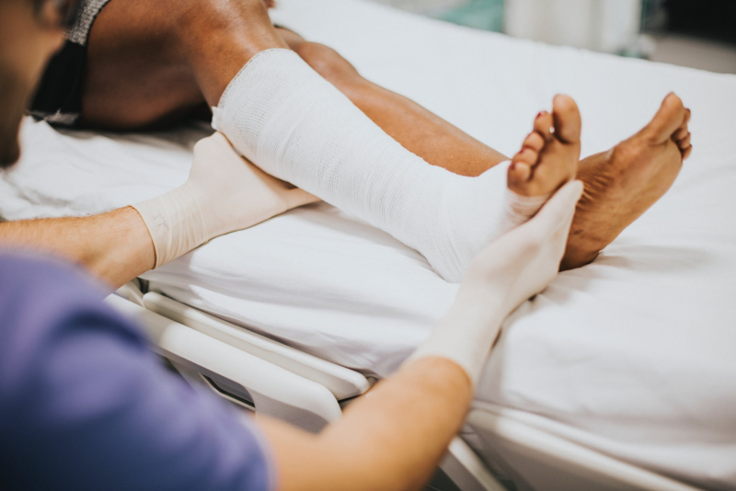
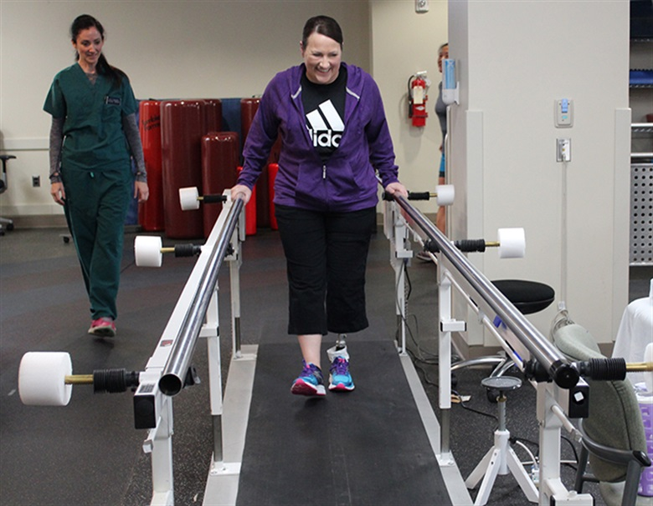
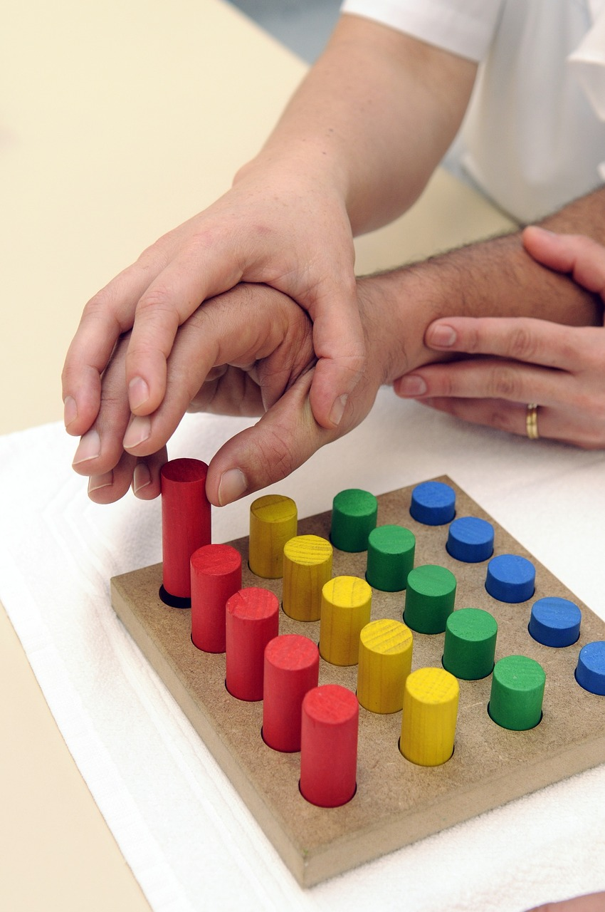
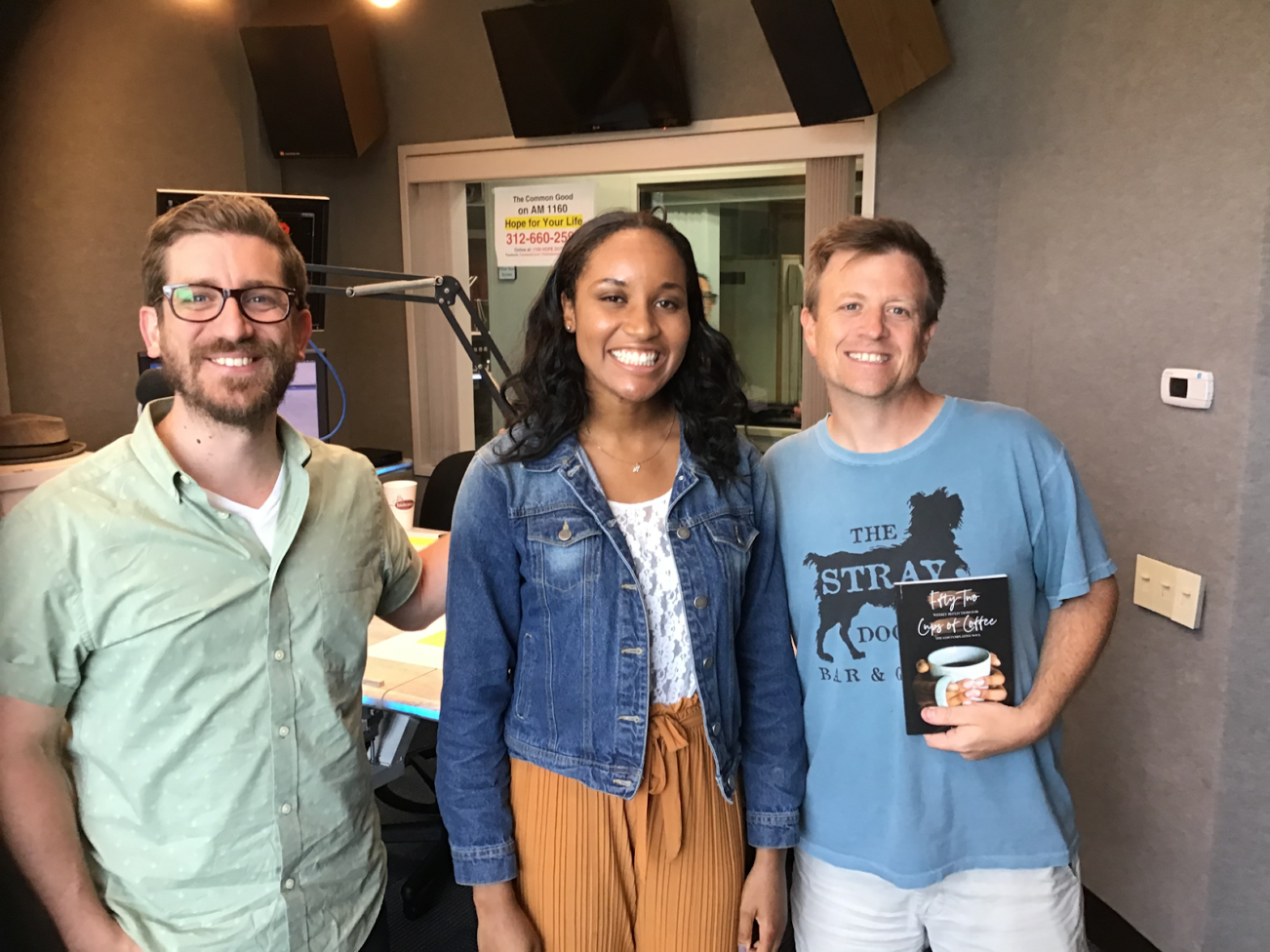
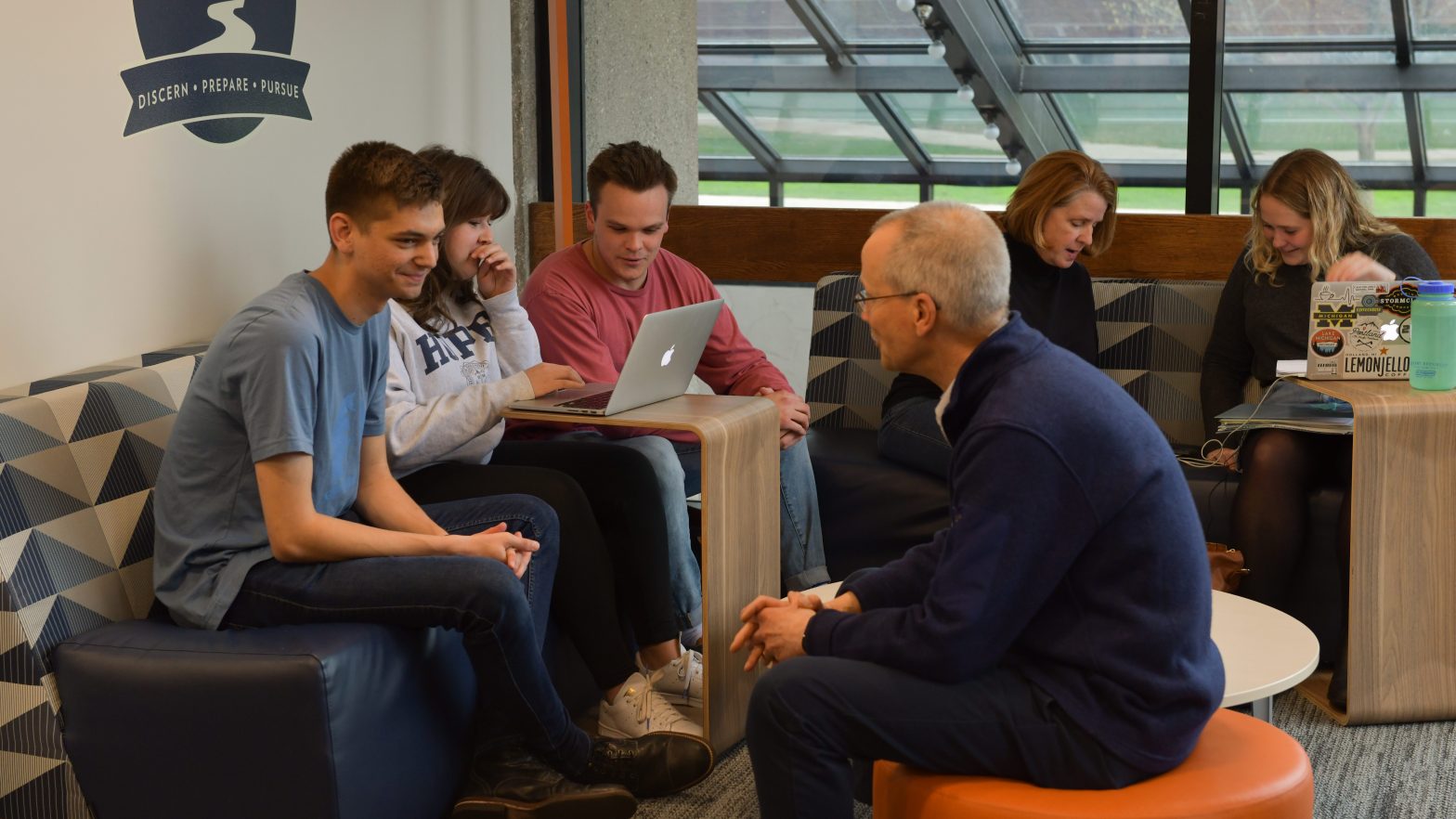
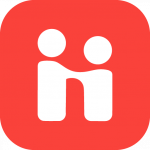 Did you know that all appointments are now made through Handshake? Learn more at
Did you know that all appointments are now made through Handshake? Learn more at 